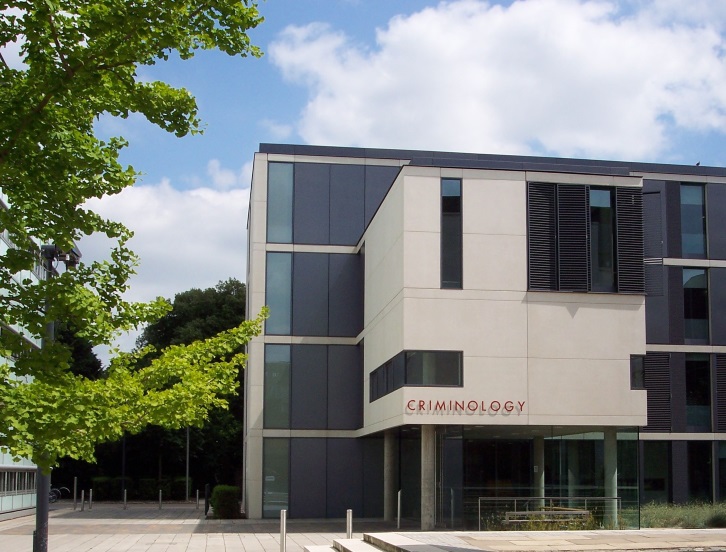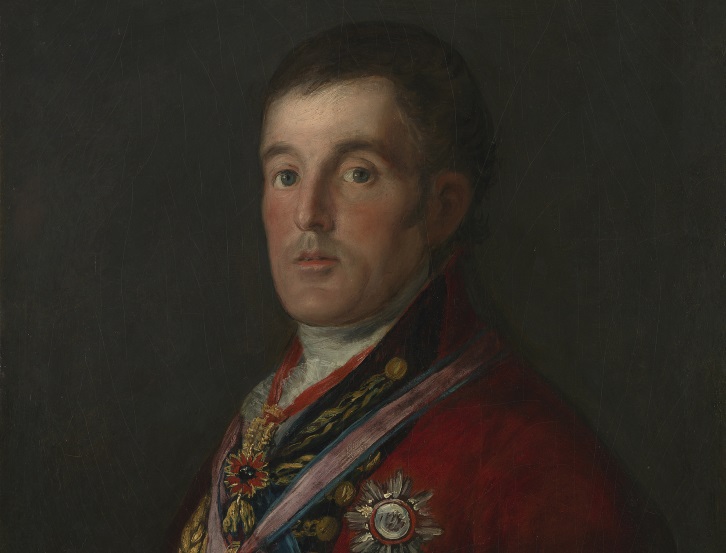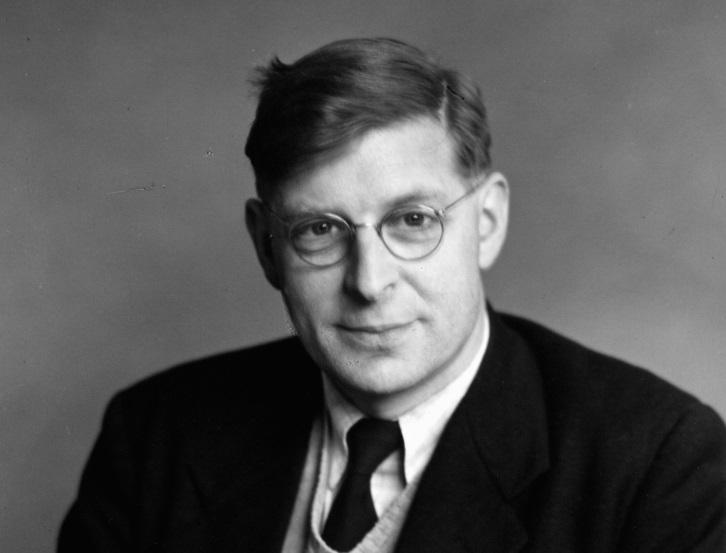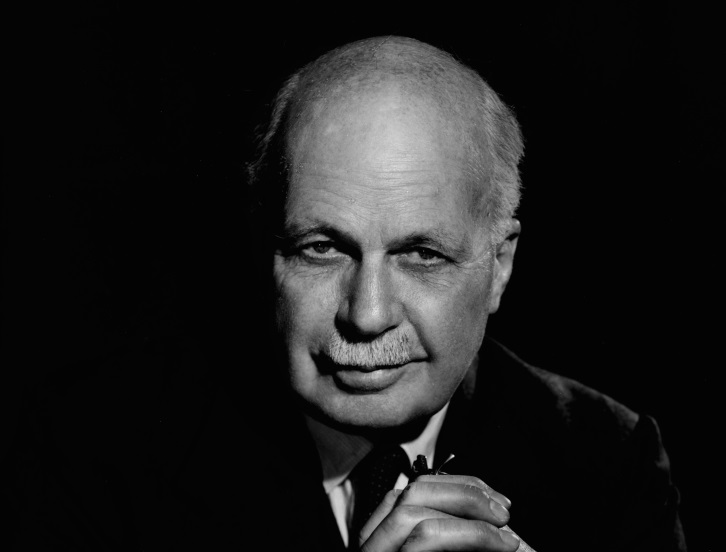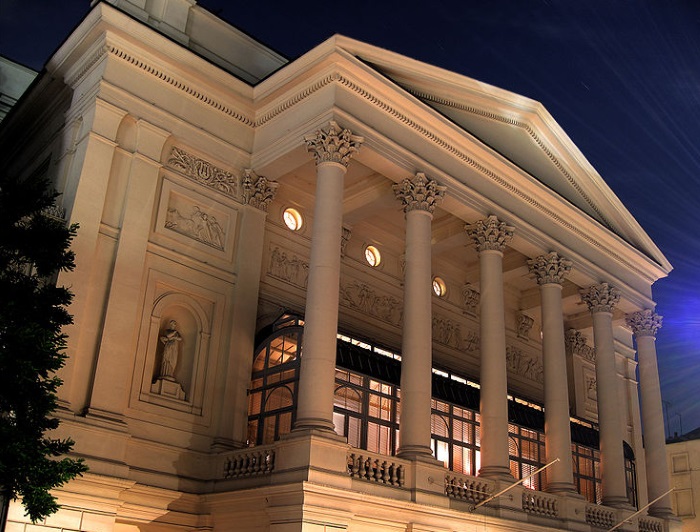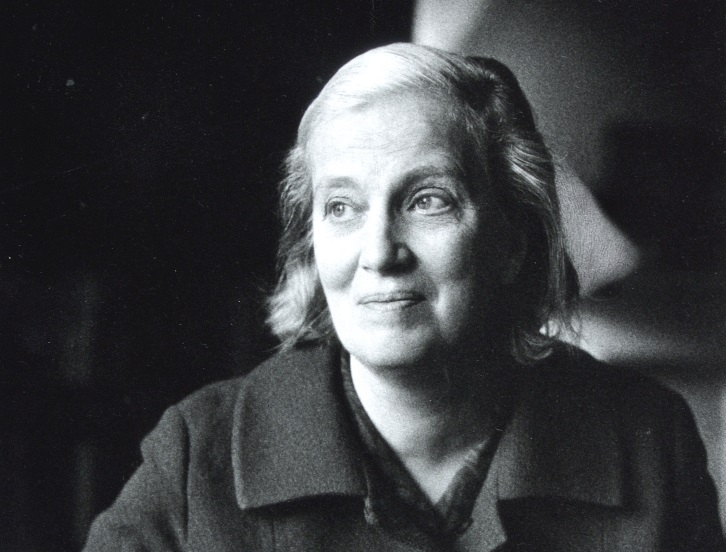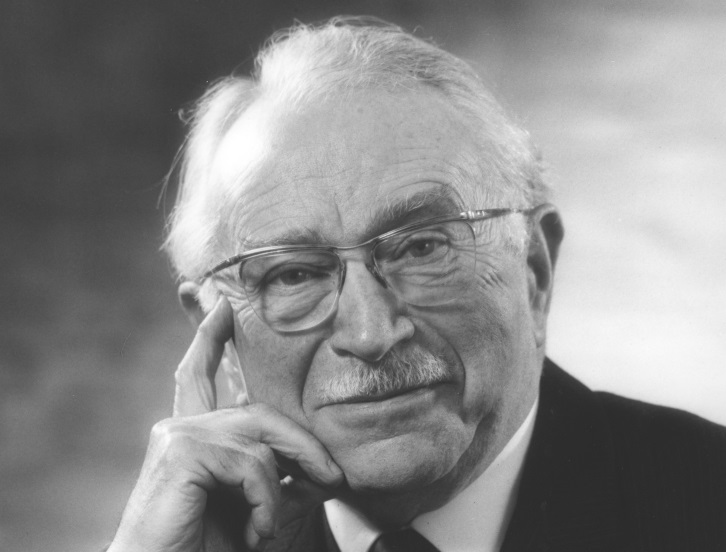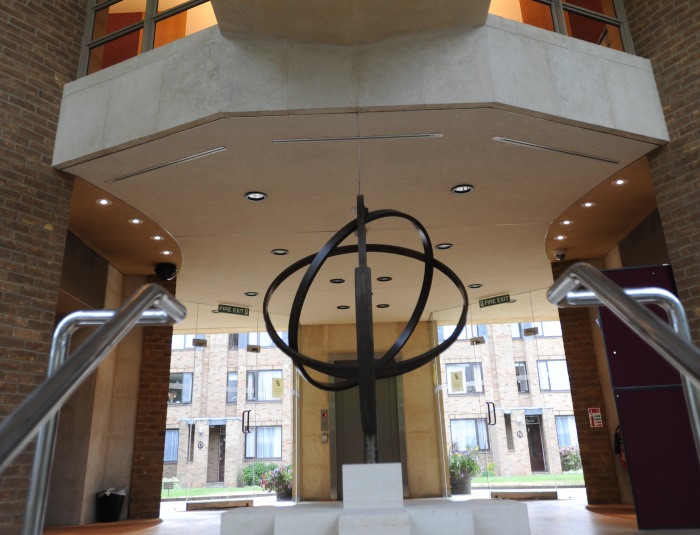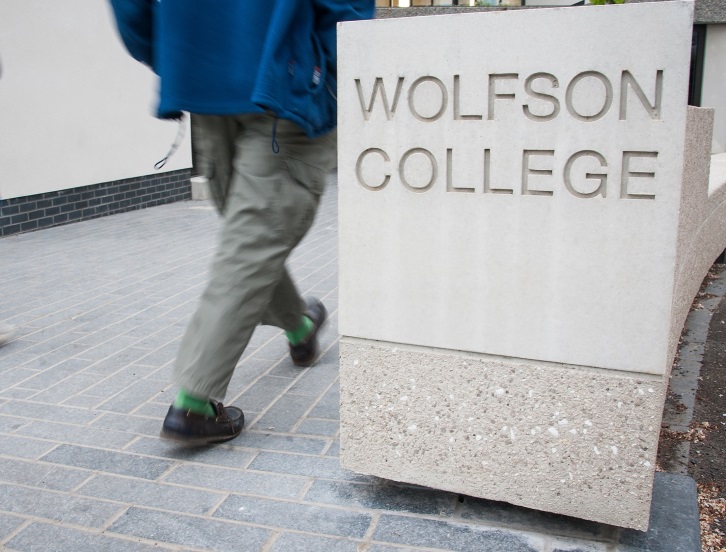The Wolfson Foundation archive
Since 2008, the Royal Society Library has managed the archive of historic grants files belonging to The Wolfson Foundation.
The Foundation is an independent charity, established in 1955 by Sir Isaac Wolfson, and awards grants to support and promote excellence in the fields of science, technology and medicine, as well as supporting the arts and education.
Science funding has been a key focus for the Foundation since its inception, and the highest proportion of its grant-giving is directed towards supporting cutting edge scientific research and institutions.
The Wolfson Foundation archive is searchable through the Royal Society’s collections catalogue. Access to these files is by prior appointment only, and readers who wish to view material from the archive must have permission from the Wolfson Foundation beforehand.
To arrange to view material from the archive, please visit the Wolfson Foundation’s website for details. If you have any other questions about the archive, you can also contact us at library@royalsociety.org.
With the kind permission of the Wolfson Foundation, the Royal Society presents here a selection of stories and digitised documents from the Foundation’s archive.


